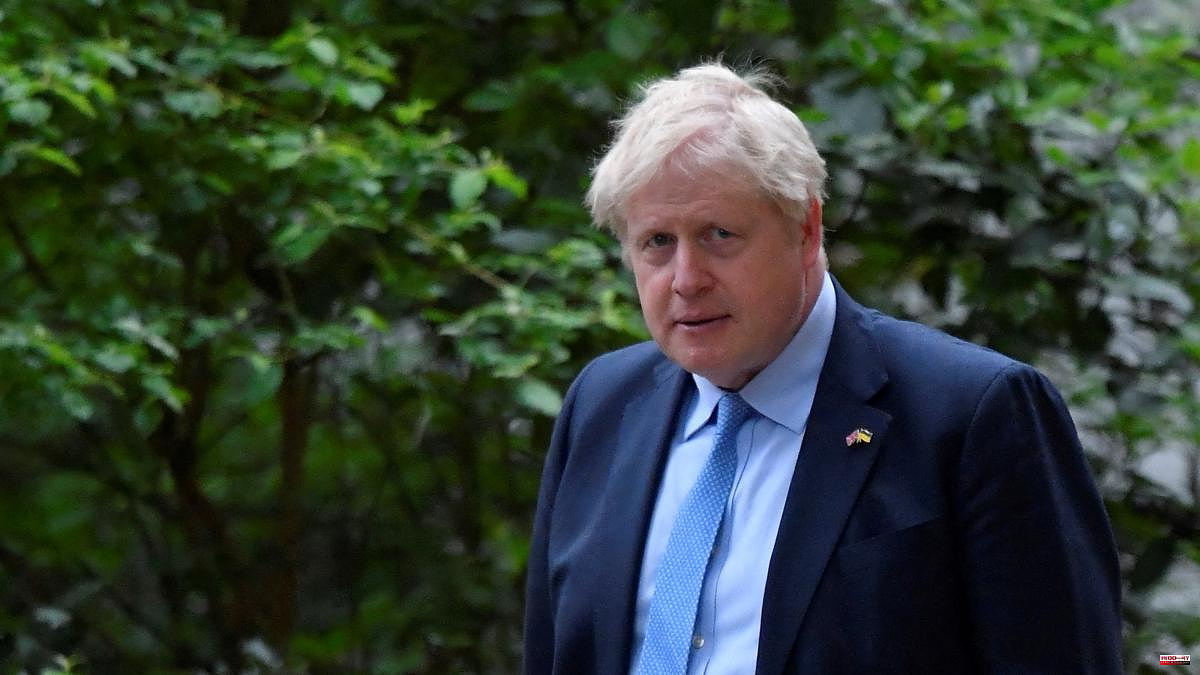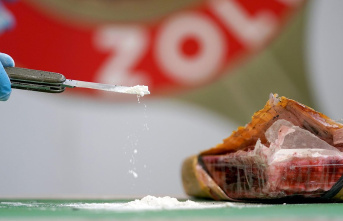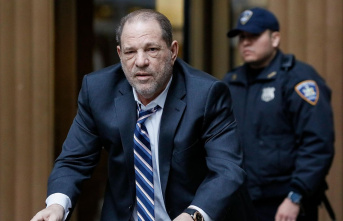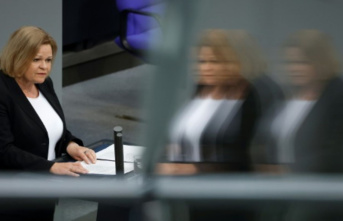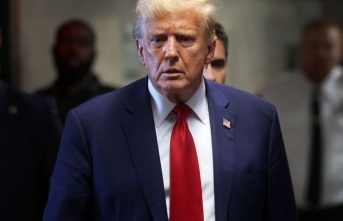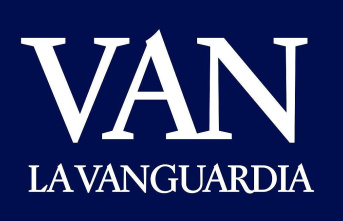Fears of a trade war between the United Kingdom and the European Union (EU) have risen again in the face of the British government's renewed threat to take unilateral action to repeal parts of the Protocol for Northern Ireland that it agreed with Brussels.
British Prime Minister Boris Johnson will visit Belfast on Monday to try to unblock the formation of the autonomous government, frozen by the unionists' refusal to enter a power-sharing Executive if merchandise controls and other measures included in the Brexit agreements.
Downing Street, his official office, has advanced that the Prime Minister will stress the need to "act" if the EU does not agree to renegotiate the Protocol that entered into force 18 months ago, while the Foreign Minister of the Republic of Ireland, Simon Coveny warned that "the path of confrontation and unilateral action" will not "contribute to peace and security."
London is considering announcing legislation on Tuesday that would give it powers to stop applying parts of the controversial Protocol, The Times has revealed, while keeping open the possibility of invoking Article 16 of the agreement, which allows one of the parties to suspend provisions that in their opinion are damaging the economy or the social fabric in their territory.
The European Union has not officially specified the steps it plans to take if London unilaterally breaches the protocol, although for months the possibility of imposing tariffs on British products and even completely abolishing the Trade and Cooperation Agreement that governs has been on the table. relations between both sides of the English Channel after Brexit.
British Business Minister Kwasi Kwarteng said today that initiating a tariff conflict "depends on the EU." "We think it would be completely counterproductive if they want to get into a trade war, but it's up to them," he said.
Kwarteng further stressed that any new tariff would have to go through an arbitration process and would take "a long time" to come into force. "Article 16 (of the protocol) allows for unilateral action and ultimately we must be prepared to invoke it," he added.
Opposition Labor MP Ed Miliband warned for his part that "a trade war at this time would be the worst thing that could happen."
The newspaper The Times has revealed details about a text that would give the Government legal cover to stop applying, or not implement, certain parts of the Protocol, many of whose provisions London has not come to implement and has delayed sine die.
The project, which can be debated this Monday by Johnson's cabinet, plans to limit the controls of goods between Northern Ireland and Great Britain, and allow food producers in the British region to move away from community standards.
It also removes the role of the Court of Justice of the European Union (CJEU) in Northern Ireland trade disputes, as well as the obligation for the British Government to comply in Northern Ireland with community rules on state subsidies.
The parliamentary processing of that law would be predictably complex, especially in the House of Lords (Upper), where the Conservatives do not have a majority. Its application could also require in practice the approval of secondary legislation.
Sources from Downing Street and the Foreign Office told The Times that "it could take a year to change the law." The newspaper also underlines that there are conflicting opinions in the Executive on whether the new powers that the legislation will grant should be used.
4

